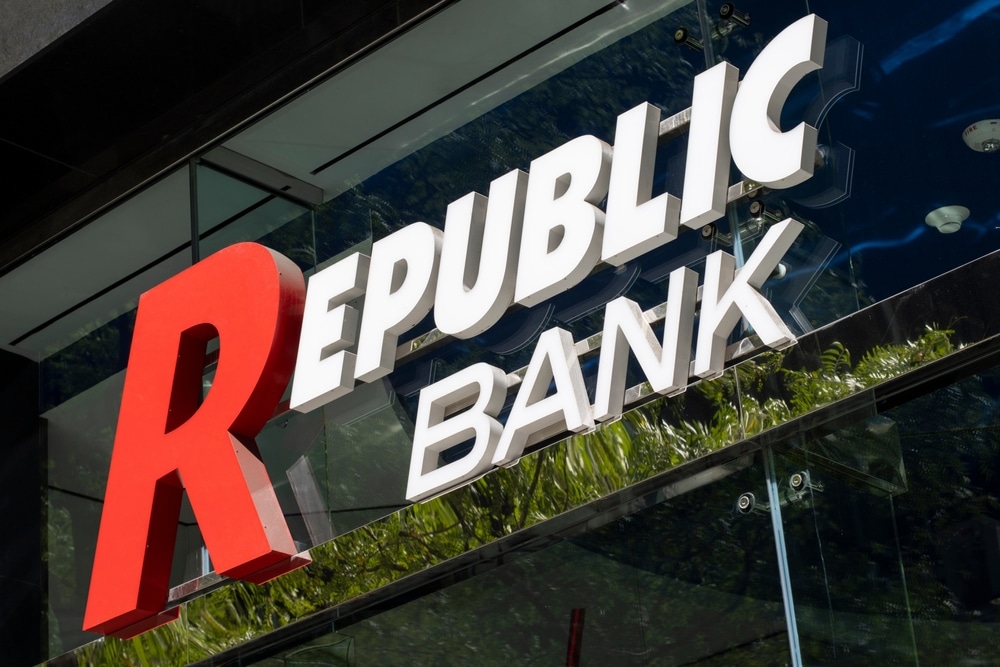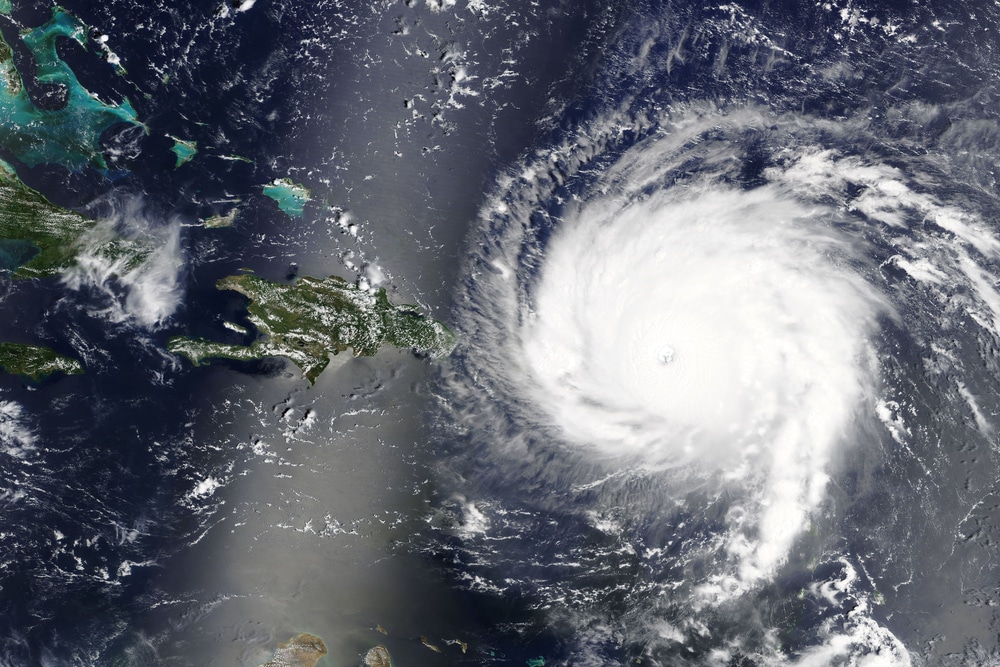(OPINION) The global economy has reached a “tipping point” where it may be impossible to stop runaway inflation, the world’s top central banker warned, as the war in Ukraine and a US slowdown leaves Britain on the brink of recession.
According to MSN, In its annual economic report, the Bank for International Settlements (BIS) said that leading economies are poised to enter a period in which soaring prices become embedded and difficult to control.
It called on central banks to step up efforts to tackle soaring prices while limiting the impact to growth. Agustín Carstens, general manager of the BIS, said: “The key for central banks is to act quickly and decisively before inflation becomes entrenched.
“If it does, the costs of bringing it back under control will be higher. The longer-term benefits of preserving stability for households and businesses outweigh any short-term costs.” Central banks around the world, including in the UK and US, hoped last year that rising inflation would be “transitory”.
But soaring prices have persisted, forcing monetary policymakers to rapidly raise interest rates. The BIS, which is considered the central bank of central banks, said: “We may be reaching a tipping point, beyond which an inflationary psychology spreads and becomes entrenched.
This would mean a major paradigm shift.” The Bank of England has warned of the risk of a wage-price spiral taking hold, as workers push for pay rises to chase inflation, in turn adding to the costs facing businesses.
The BIS said this could happen in the event that an inflation rise is large and persistent enough to “leave a large imprint on the lives of workers and firms”, but also warned central banks must not wait for clear evidence of this before acting.
The report said: “By the time [wage price spirals] are clearly visible, inflation may already be becoming entrenched.” But the institution cautioned that central bankers must also be careful to aim for a so-called “soft landing” in which the economy is slowed and inflation controlled without causing a recession. However, history indicates this is difficult, and if central banks do not raise interest rates enough then the BIS report said they could let inflation run away.

















